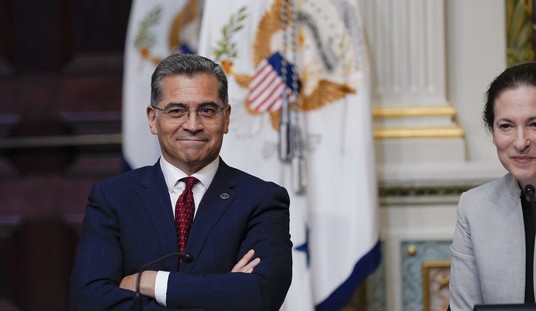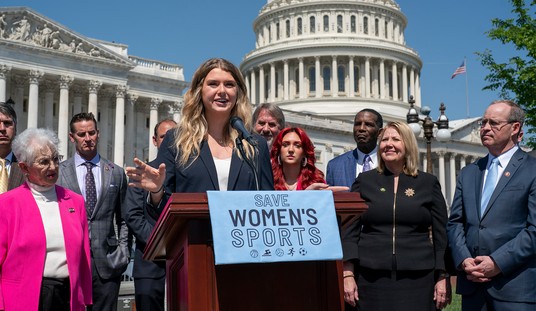It was The State of Alabama, under Governor Wallace in the 1960’s who helped caused Federalism to fall into disrepute at the expense of the American commonweal. It is perhaps only fitting that a governor of Alabama do what is necessary to reinstate Federalism as a valuable weapon by which America resists totalism and tyranny that overcome less robust systems of national governance than our own. Governor Robert Bentleytook to the social media to plant the axiom that Alabama would not succumb to the constitutional travesty that is Obamacare. He tweeted the following:
Alabama will not establish a Health Insurance Exchange and We will not expand Medicaid under the Affordable Care Act.
He not only rallied resistance to this terrible law, he pointed out to the maximum depth 140 characters allows the reasons not to knuckle under. The proposed Health Insurance Exchanges will not make our insurance more affordable, any more than the Carbon Credit markets that were proposed under Cap and Trade would lead to affordable energy. President Obama described these exchanges below.
“…a market where Americans can one-stop shop for a health care plan, compare benefits and prices, and choose the plan that’s best for them, in the same way that Members of Congress and their families can. None of these plans should deny coverage on the basis of a preexisting condition, and all of these plans should include an affordable basic benefit package that includes prevention, and protection against catastrophic costs. There are those who strongly believe that Americans should have the choice of a public health insurance option operating alongside private plans. The belief is that it will give them a better range of choices, make the health care market more competitive, and keep insurance companies honest.”[
Like many of President Obama’s promises, it sounds like everything a person would ever want for Christmas. It just neglects the fundamental reality that Santa Claus doesn’t exist. Paul Howard and Stephen T. Parante lay out why the Health Insurance Exchanges as ordained under the ACA would become SCOAMF* Fiestas.
The health law, however, takes this simple idea and makes it extraordinarily complicated — if not impossible — to execute. By adding a litany of new minimum-insurance requirements and regulations to the original bipartisan idea, health insurance purchased through an exchange will likely end up more expensive than it is now. For instance, mandates on the minimum share of health care costs that insurers must cover for all plans, along with a richer new federal “essential benefits” package, will drive up insurance costs for individuals and small businesses. Federal premium tax credits and cost sharing subsidies on the exchanges will also “bid up” premiums as individuals gravitate toward more expensive coverage. Overall, the Congressional Budget Office expects that non-group premiums will go up by nearly 30 percent. This cost increase may be offset by the administrative efficiency of buying coverage through exchanges, and if many young and healthy uninsured can find affordable coverage. Conservatives, though, remain worried (and rightly so) that insurance choices on the exchanges may become “rigged” in favor of more expensive plans, driving up costs for taxpayers and driving healthy consumers to remain uninsured.
The Affordable Care Act (AKA Obamacare) also sought to fill what it’s proponents saw as gaps in the coverage Medicaid offered to poorer Americans. Medicaid.gov advertises the following benefits that are promised by the ACA.
Beginning in January 2014, individuals under 65 years of age with income below 133 percent of the federal poverty level (FPL) will be eligible for Medicaid. For the first time, low-income adults without children will be guaranteed coverage through Medicaid in every state without need for a waiver, and parents of children will be eligible at a uniform income level across all states. Medicaid and Children’s Health Insurance Program (CHIP) eligibility and enrollment will be much simpler and will be coordinated with the newly created Affordable Insurance Exchanges.
When interviewed by the GAO, state budget officers were not as filled with joy and inner peace. When asked to estimate the financial challenge of implementing this expansion, 28 out of 42 state budget officers responding said that it would be a very challenging new law for their state’s fiscal capacity. 6 out of 42 replied it would be little or no challenge. 27 out of 42 argued that it would be very challenging to meet the state expenditure requirements past 2017, when more of the program becomes an unfunded federal mandate. 6 out of 42 argued it would be no problem. This suggests that the states have no confidence in their ability to continue this program’s guarantees as soon as Washington, DC stops funding it.
In conclusion, Governor Bentley is doing within his bailiwick what GOP party leaders should have been doing nationwide. As governors stand strong against or for the ACA, we will get to watch the laboratory of Democracy in action. ACA will either work or not work. I feel lucky to live in a state with a Governor that believes it will fail and who grooves his policy accordingly. I may be wrong. Alabama may have to change. Yet even if this is the case, our republic is made stronger because free men will conduct the experiment. Well done, Governor Bentley, and as about 50% of the population down here likes saying “ROLL TIDE!”














Join the conversation as a VIP Member